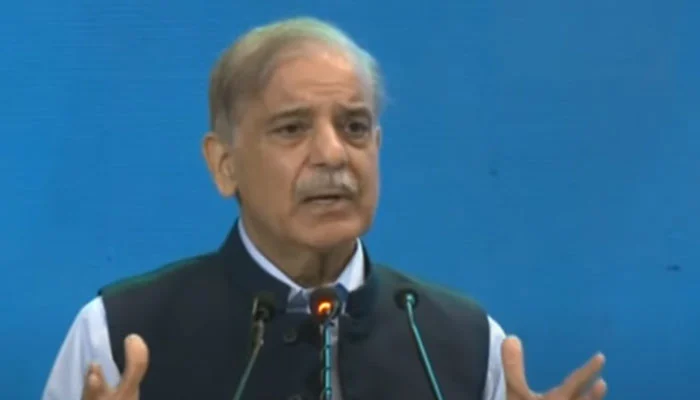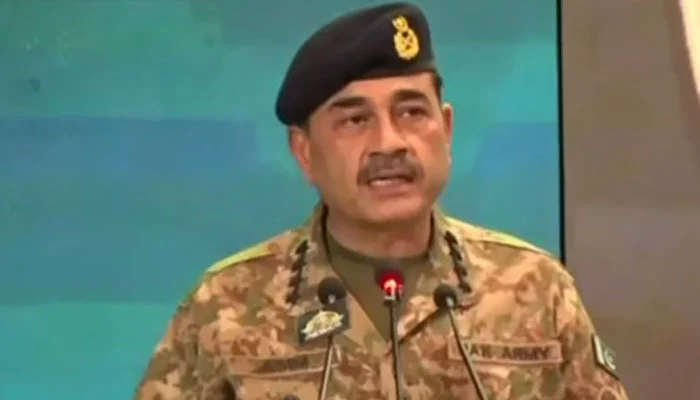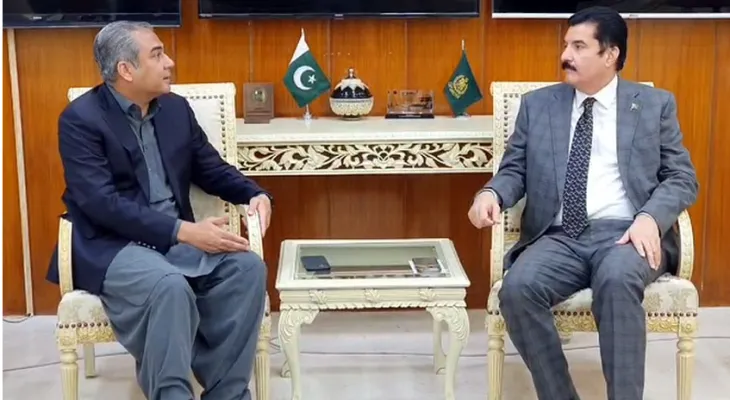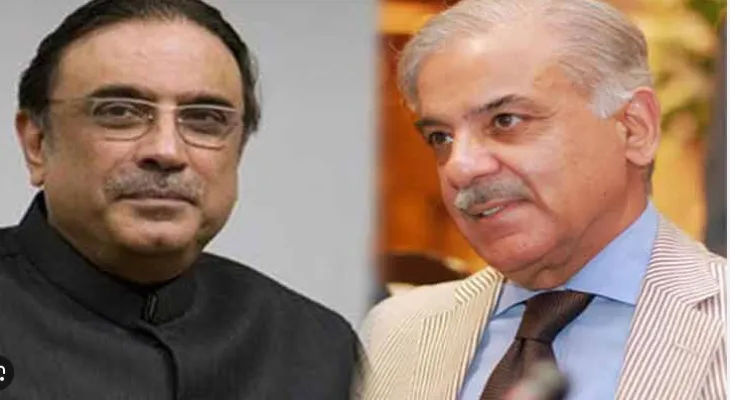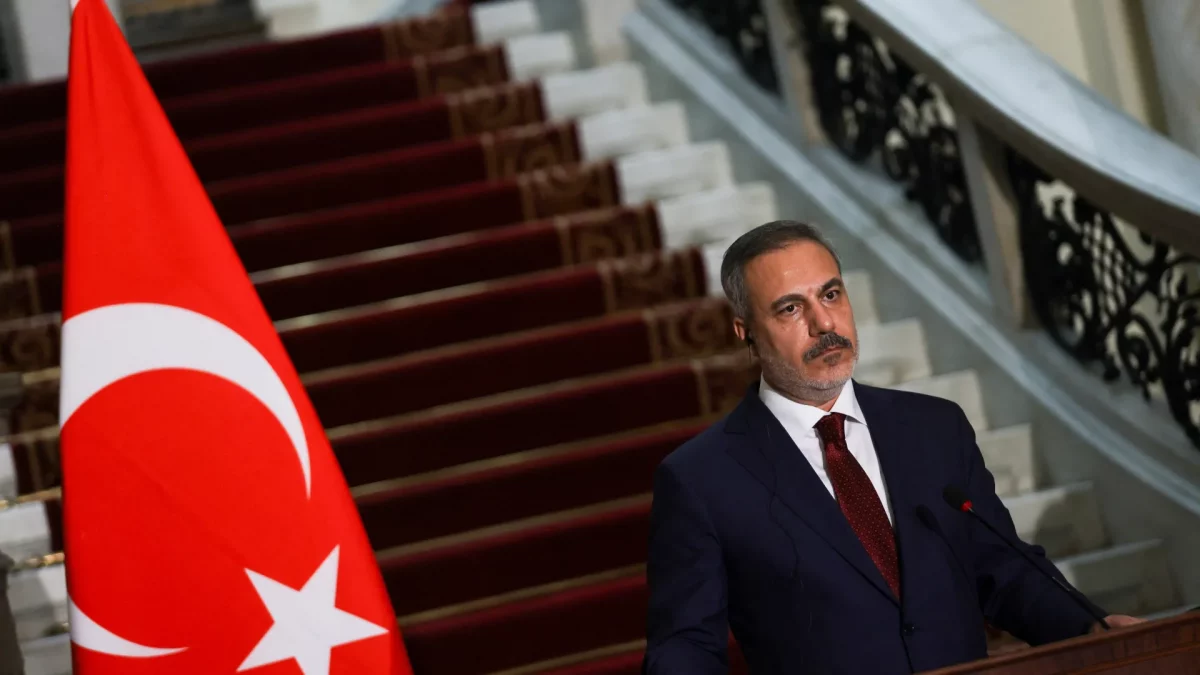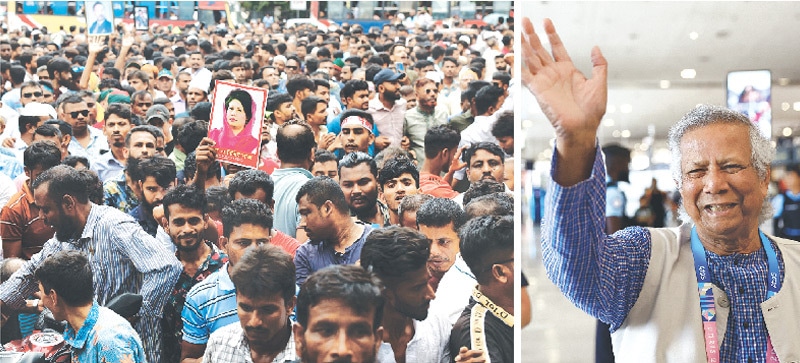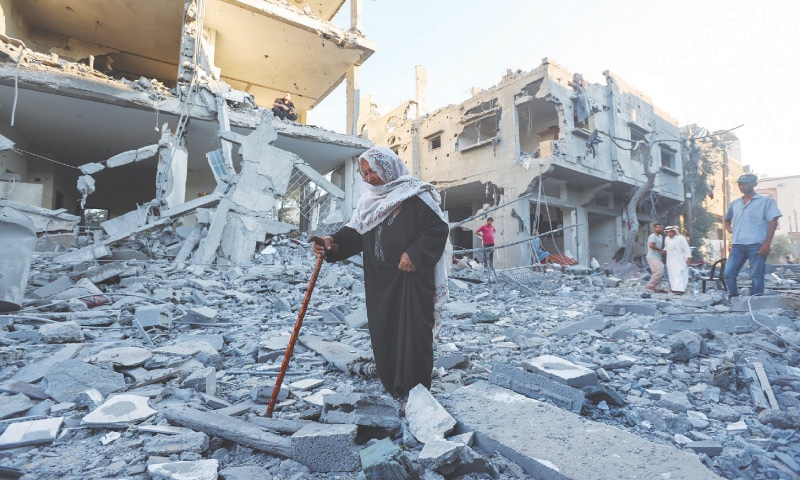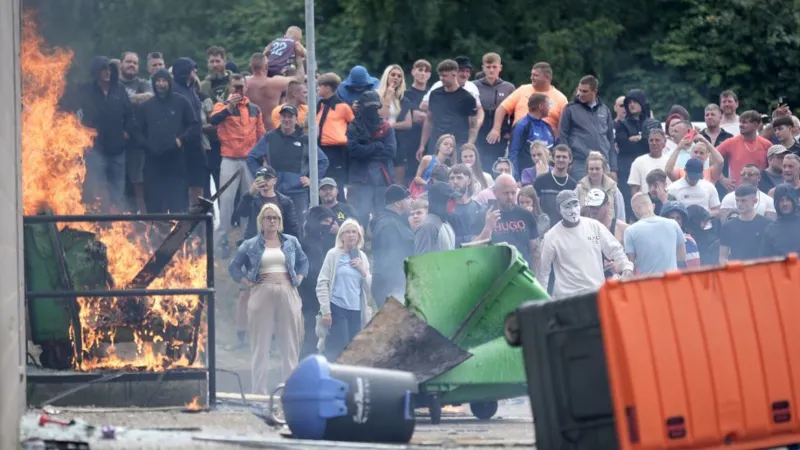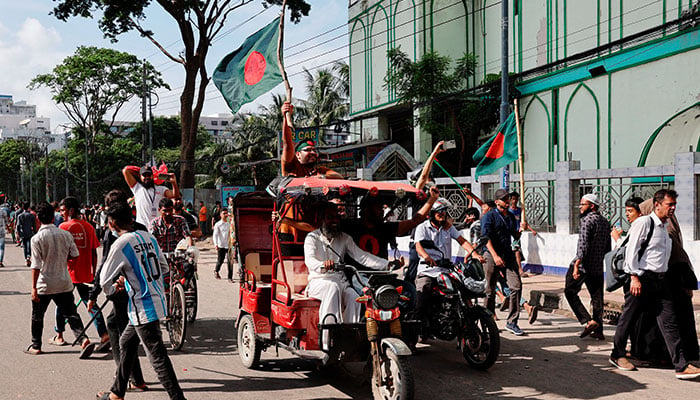ISLAMABAD: Prime Minister Shehbaz Sharif said Thursday that the cooperation between the government and institutions was at unprecedented levels.
“I want to say this without hesitation that in my 40-year-long political career, I have never seen the level of cooperation between the government and the constitutional institutions that exist today,” PM Shehbaz said while speaking at the Ulema, Mashaikh Conference in Islamabad.
The premier’s remarks come as the Pakistan Muslim League-Nawaz (PML-N) led coalition government has been working closely with various institutions, including the army, as it strives to tackle the plethora of challenges including those on the economic and security front.
The military, in its 265th Corps Commanders’ Conference (CCC) last month, reaffirmed its resolve to continue full support of ongoing efforts in uplifting socioeconomic growth and wholeheartedly assisting the government in curbing all illegal activities that hamper investors’ confidence, economic stability and growth.
Praising the partnership between the of Army Staff (COAS) General Asim Munir and the government in the country’s best interest, the prime minister termed it a role model for the times to come.
Stating that he would not talk about previous regimes, the premier underscored the need to address social and economic challenges faced by the country today.
Lamenting the collective shortcomings of the 77 years, the PM called for the need to learn from past mistakes and highlight collective successes that have been achieved.
Noting that the country hasn’t achieved the status it was destined to, the premier said that “it is still not too late” and that much could be done “if we decide to live our lives according to the guidelines of the Holy Quran”.
Without naming anyone, PM Shehbaz fired a broadside at the Pakistan Tehreek-e-Insaf (PTI) while referring to the May 9 riots, which saw military installations including the General Headquarters (GHQ), Lahore’s Corps Commander’s House and other military installations being vandalised by angry mobs after the arrest of party founder Imran Khan,
“We have to recognise [reality of] those who claim to be Pakistani but are [actually] engaged in hostile behaviour,” he said.
Highlighting the government’s attempts to bring relief to the inflation-weary masses, the prime minister said that efforts are being made day and night to get rid of the economic problems plaguing the country.
Stressing that he has been holding consultations with Pakistan Peoples Party (PPP) Chairman Bilawal Bhutto-Zardari on the issues faced by Pakistan, the PM said that he even had a conversation with President Asif Ali Zardari.
“The army chief is also part of the consultations,” he added.
He also said that the government is not looking to secure an agreement with the International Monetary Fund (IMF) willingly, but is in fact is doing so as it has no choice.
“May this be our last IMF programme,” he remarked while terming to the $7 billion bailout package agreed between Islamabad and the Washington-based lender.


